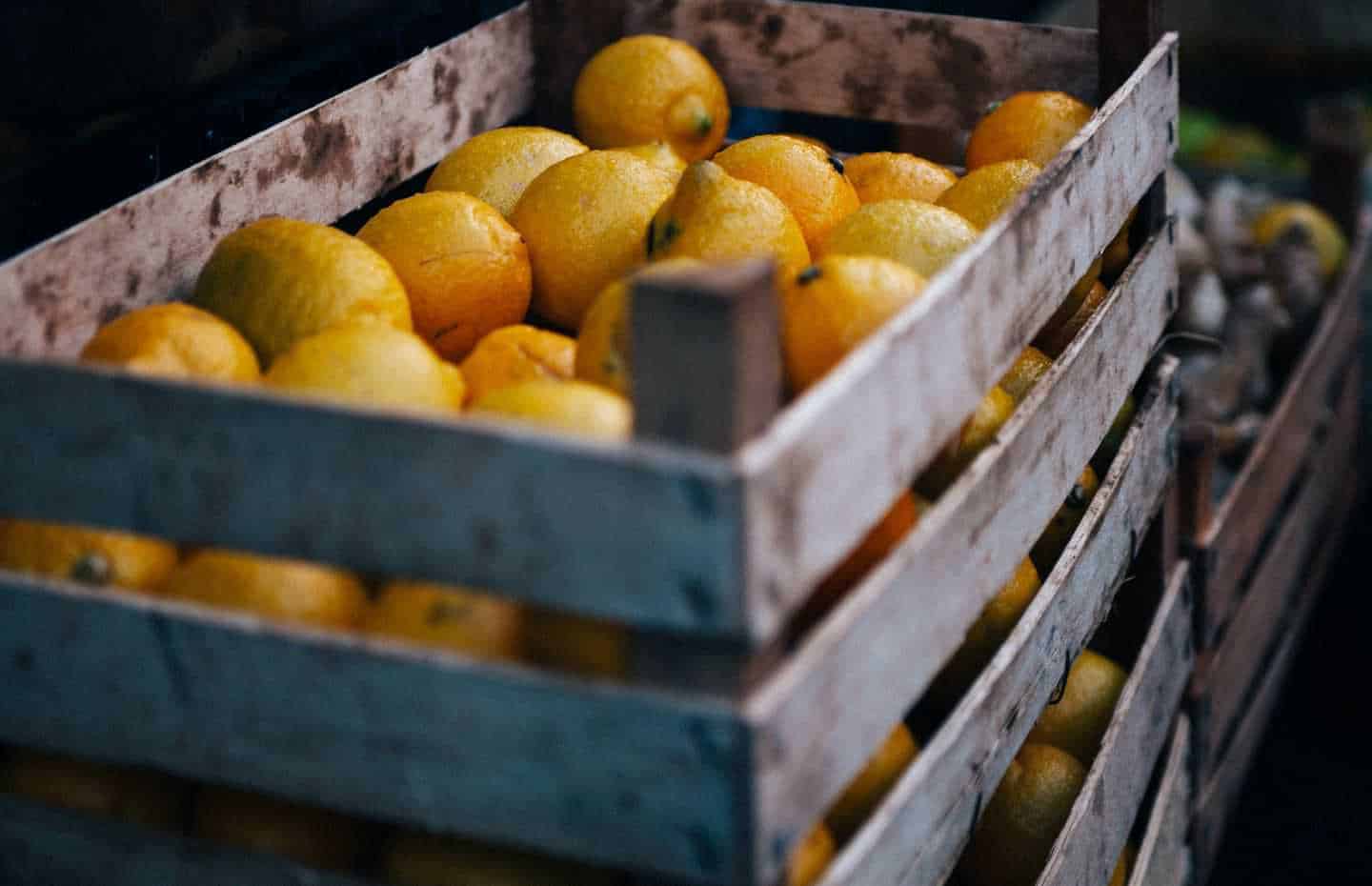Geschatte leestijd: 3 minuten
The most well-known vitamin is undoubtedly Vitamin C. It‘s
often associated with health benefits related to colds and flu, and you often see an orange when Vitamin C is mentioned. Are these health claims justified, and where does that orange come from? You’ll find out here.
Ascorbic Acid
Vitamin C is also called
ascorbic acid. This name is derived from scorbutus, which colloquially has the same meaning as
scurvy. A-scorbutus, literally means: non-scurvy, meaning you don’t develop scurvy if you consume ascorbic acid. Unlike, for example,
Vitamin D, our body
cannot produce Vitamin C and we need to obtain it from our diet.
Vitamin C: What is it good for?
Vitamin C is a very versatile vitamin that is involved in many bodily processes. Everyone knows its supportive function in
immune function and support of the
body’s defenses. It also plays a major role in the processes that produce
cartilage and also in the processes that form
collagen, vitamin C plays a major role again. With support in these processes, the condition of teeth, bones, and gums is improved. Vitamin C also helps strengthen the skin, and also acts as an
antioxidant, protecting our body cells from polluted air, excessive sunlight and UV radiation, and free radicals.
A brief overview of the benefits of Vitamin C:
Strengthens the immune system
Increases resistance
Plays a role in hormone synthesis
Increases
iron absorption in the intestines
Is essential in
muscle metabolism
Necessary for collagen synthesis
How much Vitamin C do I need?
Like other vitamins, the Health Council has established a
Recommended Daily Allowance or RDA for Vitamin C. This is
80 milligrams. Because it is found in many foods, this is obtained by a large part of the Dutch population. About 10 percent of Dutch people do not meet this 80 milligrams.
Where is Vitamin C found?
When you think of Vitamin C, you immediately think of citrus fruits, with the
orange in the lead. But Vitamin C is not only found in citrus fruits but also in other types of fruit. Additionally, it is found in many vegetables, such as
broccoli, and it is also found in
potatoes.
Natural Sources
Contrary to what many people think, it’s not the orange that is richest in vitamin C, but you’ll find a higher concentration of Vitamin C in
yellow or red bell peppers. Additionally, the
kiwi is richer in Vitamin C than the orange. A bell pepper contains about twice as much vitamin C per 100 grams as the kiwi. But proportionally, you can consume 100 grams of kiwis more quickly than you can eat 100 grams of bell peppers.
Absorption by the Body
Vitamin C is readily absorbed by the human body. When you drink a glass of orange juice, it contains as much as a whole orange, and for both, the
biological availability, or the absorption capacity by the body, is the same. This also applies to broccoli, fruit, and dietary supplements. If you were to take Vitamin C in a
synthetic form, in the form of a pill, for example, 80% would be absorbed by the body.
Vitamin C is sensitive to various processing methods. For example, the value can decrease in broccoli when cooked. The decrease in biological availability, or absorption capacity, after cooking broccoli is approximately 20%.
Loss of Vitamin C
As mentioned above,
Vitamin C can be lost if it is exposed to light, water, heat, various temperatures, humidity, and time.
When transporting it and it is exposed to cold, heat, and humidity, it can have a negative effect on the amount in, for example, vegetables and fruits. In the case of spinach, the decrease in vitamin C content after one week of storage is higher than 75 percent when stored at 4 degrees.
In addition, the storage duration is also a major factor that can significantly reduce the amount of vitamin C. In the case of potatoes, the loss after a quarter of storage has already dropped by more than half if stored at 13 degrees.
Not only does cooking broccoli result in vitamin C loss, but cooking potatoes also results in vitamin C loss. When cooking potatoes, this is 40 percent. If you decide to steam your potatoes, you limit the damage and the decrease is only 20 percent. The golden rule here is: the shorter you can cook the vegetables, the smaller the loss of vitamin C.
Both juicing and cutting fruit result in vitamin C loss due to oxidation at the cutting edges and exposure to air. If you store pressed juice in the refrigerator, the acids in the juice help prevent further loss.
And finally, Vitamin C in capsule or tablet form. These are also exposed to temperatures and various environments with humidity. That’s why you see many of these dietary supplements in blisters.

